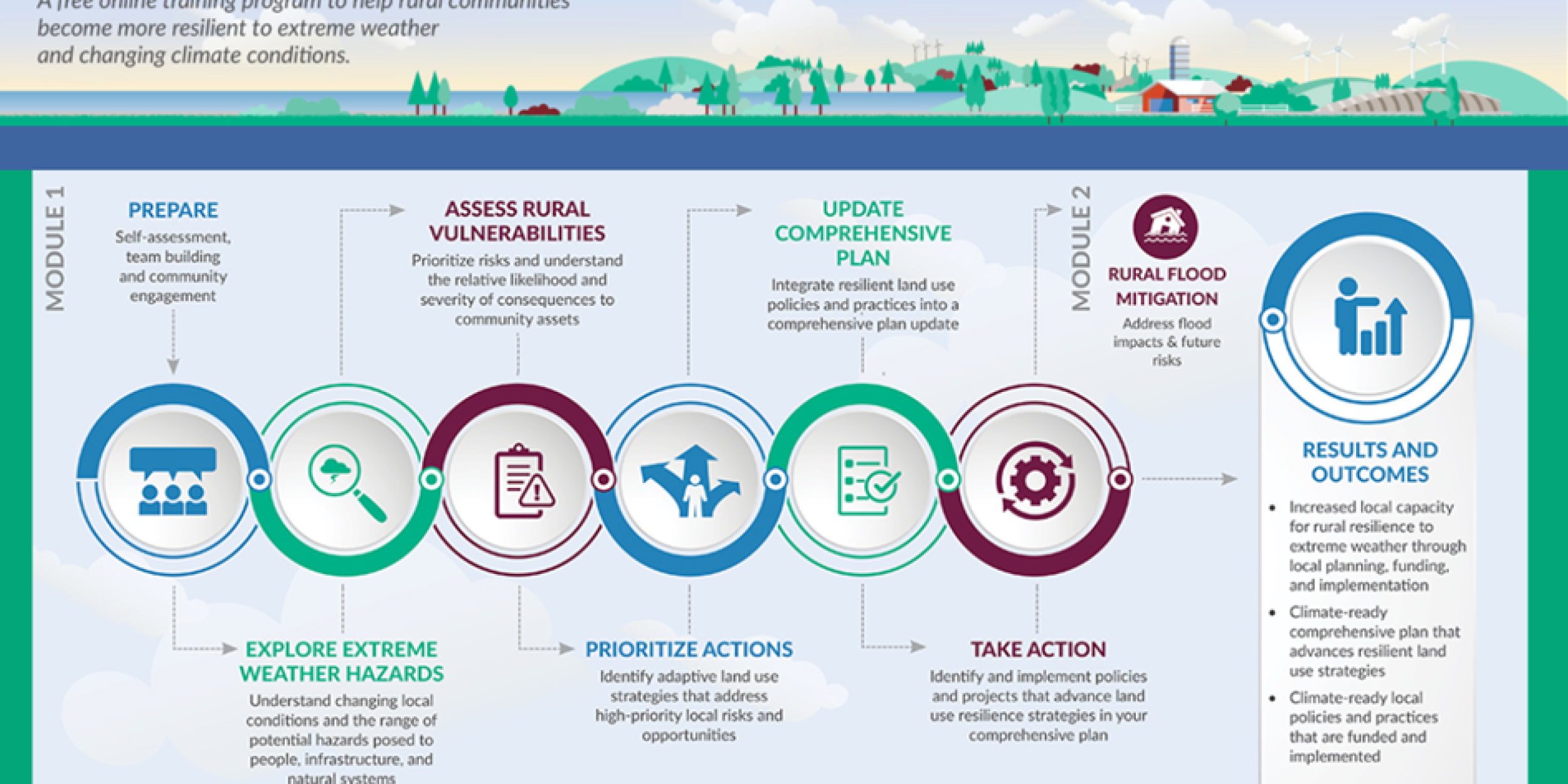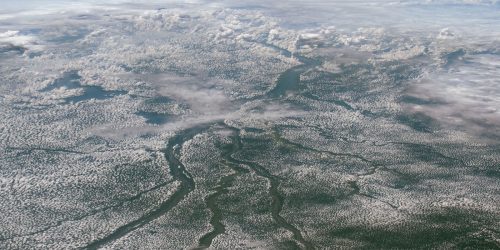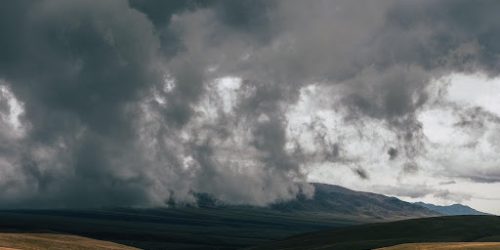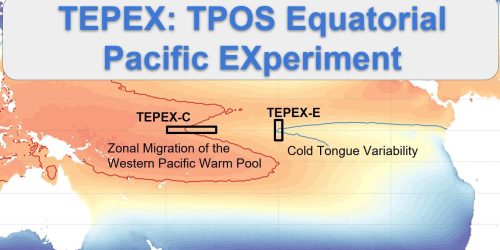The Resilient Rural America Project (RRAP) recently launched two self-guided, no-cost training modules to build local capacity and resilience to extreme weather for rural communities across the United States. One focus of the project is to accelerate rural climate adaptation by increasing the capacity of adaptation professionals to meet the needs of historically underserved rural jurisdictions, organizations, and businesses.
RRAP’s modules are designed for rural leaders, planners, emergency managers, natural resource managers, landowners, and the organizations and consultants who serve rural communities. The project seeks to help fill the resource gaps for underserved rural communities and enhance natural resource protection, public health, and infrastructure for the sake of rural communities and the urban populations that depend upon them.
The training modules focus on resilient land use planning as the most effective way to address extreme weather across the large-scale landscapes of forests, farms, ranches, streams, and other rural natural resources. The modules promote resilience strategies that meet rural communities’ distinct priorities in ways that are feasible with limited staff and resources.
The first module sets the stage with a streamlined process for risk assessment, identification of potential strategies, and integration of resilience into processes for existing plans, such as a comprehensive plan or a hazard mitigation plan.
The second module shifts the focus to action steps for rural resilience starting with flood events, which are the most common, costly, and deadly natural hazard in the U.S. today. The second module on rural flood mitigation addresses the strategies needed for large landscape scale rural land resilience. The training topic selections and module content were developed with input from the intended users through surveys, interviews, and beta testing of the draft module materials.
Learn more about the Resilient Rural America Project »
For more information, contact LuAnn Dahlman.










